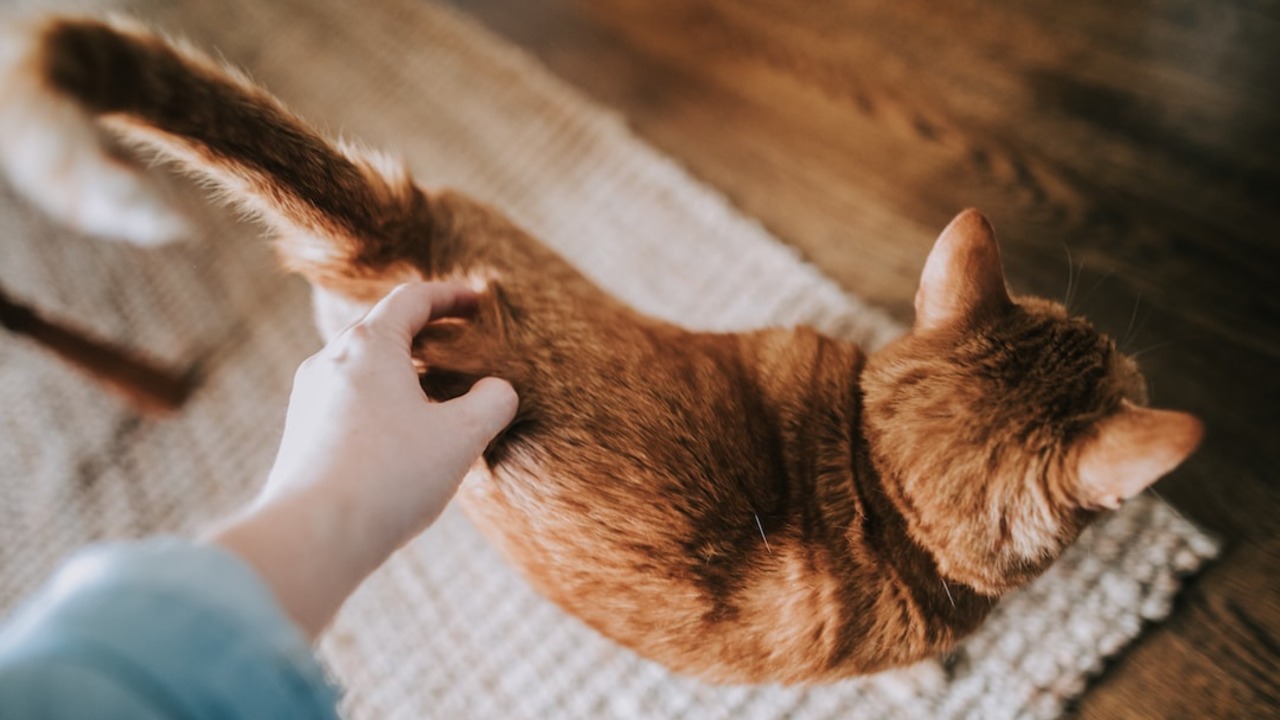Introduction
The question of whether having a pet cat is religiously permitted (halal) or forbidden (haram) in Islam has been widely debated among Muslim scholars. With cats being very popular pets worldwide, many Muslims seek religious guidance on whether caring for a cat at home aligns with Islamic teachings or if cat ownership should be avoided.
There are reasoned arguments on both sides – some contend that cats spread impurity and cannot be kept cleanly enough for a Muslim household. However, others argue that cats have the right to proper care and kind treatment, can provide companionship, and are not definitively prohibited according to most interpretations of the Quran and Hadiths. There remain differences of opinion depending on the school of Islamic jurisprudence one follows.
Definition of “Haram”
To understand the debate around cat ownership in Islam, it is important to discuss what makes an action “haram” or forbidden under Islamic law.
Forbidden Actions in Islam
Haram actions refer to those clearly prohibited in the definitive sources of Islamic theology – the Quran and authentic, established Hadiths (sayings and traditions of the Prophet Muhammad PBUH). Actions only become haram if there is clear textual evidence, without difference of opinion, on the forbidden nature of that act according to religious sources.
Differences of Opinion Among Scholars
Not all prohibitions are agreed upon conclusively. Many issues are open to interpretation and thus Muslim religious scholars may disagree on an ruling depending on the principles and methodology applied by their particular school of Islamic jurisprudence. These differences of scholarly opinion can lead to varying positions on more controversial topics like cat ownership.
Arguments that Cats are Haram
Some conservative scholars prohibit keeping cats based on the following reasoned arguments:
Cats are Impure
Islam places great emphasis on living in a state of ritual purity and cleanliness of body, clothing and home environment. Certain animals like pigs and dogs are considered ritually impure (najis) – scholars against cat ownership argue that cats should also fall under this ruling.
Cats Spread Impurity
Since cats frequently lick themselves and don’t always use liter boxes, critics argue that they inevitably spread najis/impurity throughout the home. This impinges on the cleanliness ethics valued in Islam for prayer and other areas of daily living.
Owning a Cat Supports Wrong Industries
Paying for cat food, toys or accessories may financially support industries like pet food companies that trade in pork by-products or exploit other animals – also forbidden in Islam. This makes facilitating and supporting cat ownership problematic according to some.
Arguments Against Cats Being Haram
However, scholars permitting cat ownership provide counter-arguments:
Cats Provide Companionship
Seeking companionship and comfort from Allah’s creation is permitted in Islam. As long as one maintains Islamic priority to human relationships and worship of God, cats can provide innocent friendship and entertainment without distracting from faith.
Allowed to Have Working Animals
It is generally agreed upon that animals with practical benefit like guard dogs, hunting falcons, farming animals or beast of burdens are allowed. More lenient scholars argue healthy animal interdependence and companionship should also be recognized.
No Definitive Prohibition in Quran/Hadiths
The Quran and Hadiths make no explicit definitive statement strictly forbidding pet ownership. And the general principle in jurisprudence is that all actions are halal unless sound evidence strictly designates them as haram.
Scholarly Debate Over Cat Ownership
Given the valid arguments and interpretations on both sides of the issue, Muslim religious scholars differ greatly regarding cat guardianship.
Conservative Opinions Against Cat Ownership
More conservative schools completely prohibit interacting or living with cats without justification. This stems from rigid rulings on avoiding impurity, doubts over cat cleanliness, and opposition to secular practices like casual pet ownership creeping into Muslim communities according to critics.
More Moderate Scholarly Views
Alternatively, numerous mainstream scholars have ruled that cat companionship is permissible as long as basic Islamic cleanliness, hygiene and animal welfare regulations are upheld. They site lack of definitive evidence declaring domestic cats as forbidden just like pigs or dogs which have distinctive prohibiting texts associated with them.
Differences for Indoor vs Outdoor Cats
Scholarly stances also differ depending on context and methods of owning a cat:
Indoor Cats Pose Less Risk of Spreading Impurity
Proper care of an indoor cat that can use a litter box appropriately is less likely to pick up major impurities from outdoors or spread them around living spaces wantonly. This contrasts free-roaming outdoor cats prone to hunting rodents and lapping up stagnant water sources while difficult to monitor.
Outdoor Cats Harder to Keep Ritually Pure
Outdoor cats venture to unknown places picking up dirt and germs making thorough cleanliness hard to control. Without ability to monitor their activities, contamination risks heighten – this causes most scholars only permitting indoor cat ownership with proper precautions.
Proper Care of Cats in Islam
For scholars allowing cat guardianship, there are still important regulations for keeping cats in line with cleanliness edicts of Islam:
Providing Food, Water, and Kind Treatment
Islam only permits animal ownership if basic welfare needs like nutrition, hydration, healthcare, exercise and kind treatment are fulfilled. Pet cats cannot be undernourished, restrained or harmed for one’s selfish benefit.
Cleaning Litter Boxes Properly
To avoid household contamination, cat litter pans must be cleaned frequently and hygienically disposed without contents coming in contact with living spaces. Special care is needed for pregnant women avoiding contact with cat feces due to risks posed.
Following General Islamic Cleanliness Ethics
General principles of cleanliness and purification in Islam must still be upheld even when cats are present – washing hands frequently, keeping household surfaces dirt-free, bathing regularly, washing clothing that contacts cat fur, etc.
Conclusion
There are good arguments among Muslim scholars both for and against cat guardianship being permissible in Islam. Differences stem from extent of interpretation of cleanliness and impurity laws – conservatives prohibit cats altogether, while mainstream scholars allow cat ownership as long as proper animal care and cleanliness precautions are followed, especially for indoor cats using litter boxes appropriately. Muslims seeking religious guidance should consult learned scholars, prioritizing those with stronger knowledge credentials. General principles of compassion and cleanliness certainly apply when debating cat ownership.
FAQs
Is it haram to touch a cat?
Opinion differs – stricter schools prohibit any contact due to contamination risks. More moderate scholars allow touching cats if hands are washed immediately after and clothes changed that get soiled by cat fur or fluids.
Can Muslims have cats as pets?
Mainstream opinion permits cat guardianship if housed indoors using litter boxes correctly plus following Islamic cleanliness regulations. Conservative scholars may still prohibit cat ownership altogether.
Are cats najis in Islam?
There is no definitive ruling. Conservatives judge cats as najis like dogs or swine with prohibited substance contacting cats leading to impurity. But most scholars do not place cats at the same level of spiritual impurity as pigs or dogs which have distinctive prohibiting texts.
Why can’t Muslims have pets?
There are no definitive texts forbidding pet ownership altogether. Differences arise over specific animals like dogs and pork-consuming beasts. Mainstream Islam permits caring for animals kept cleanly, treated well, and not distracting from faith.
Are cats seen as dirty animals in Islam?
Yes, according to more conservative scholarly opinions. But following principles of sound animal welfare and cleanliness, mainstream scholars argue cats can be kept hygienically and pose little spiritual contamination risk when properly cared for indoors.



